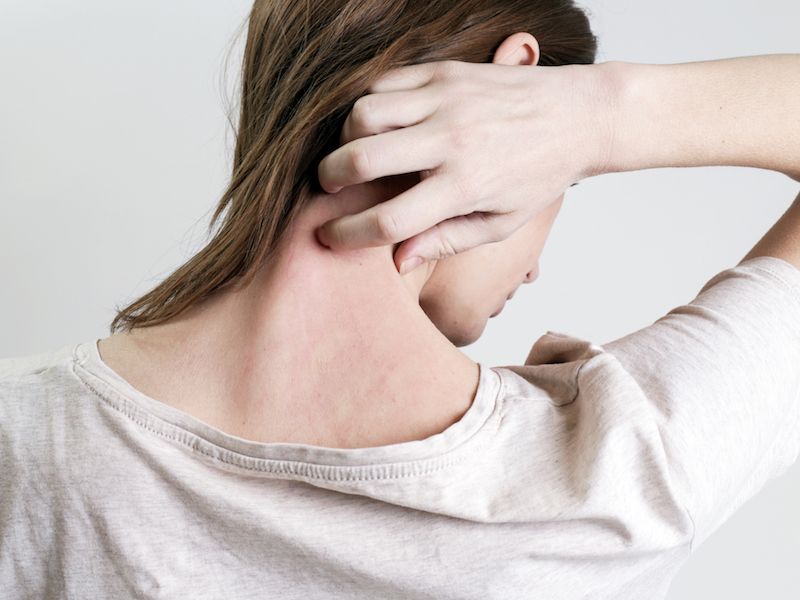
When you think about psoriasis, you probably recall all those commercials showing people with skin issues. Psoriasis is more than skin problems and actually affects your overall health. Psoriasis is commonly misunderstood and minimized, due to a lack of knowledge of how psoriasis impacts sufferers as well as the serious conditions that can be related to this disorder. Psoriasis causes reactions throughout the whole body even though skin plaques are the most recognizable sign: Continuous inflammation that can increase the danger of metabolic problems and cardiovascular disease.
Psoriasis is also connected to another concern according to a different recent study: Hearing loss. Published in The Journal of Rheumatology, this study considered links between psoriatic arthritis, mental health, and hearing impairment. Psoriatic arthritis is a form of psoriasis where inflammation is centered near the joints, causing inflammation, difficulty with movement, and pain. The normal plaques might not be experienced by people who suffer from psoriatic arthritis.
When someone has psoriatic arthritis, the body is basically attacking its own healthy cells in the same way that it does with rheumatoid arthritis because they are all autoimmune illnesses. But psoriatic arthritis is different from rheumatoid arthritis in that it’s usually asymmetrical (so you could have it in one knee but not the other), and it doesn’t only impact joints but results in painfully swollen fingers and toes while it targets sufferer’s nails and eyes.
Based on the findings of this recent study, hearing may also be impacted by psoriatic arthritis. The researchers compared the self-reported hearing loss of people who have psoriatic arthritis, people who have psoriasis but not psoriatic arthritis, and a large control group of people with neither condition. They discovered that loss of hearing was more likely to be reported by the group that suffered from psoriasis, and those reports were backed by audiometric testing. Even when other risk factors are taken into consideration, psoriatic arthritis sufferers were significantly more likely to have hearing loss than either {psoriasis sufferers or the control group}.
But that’s not to say there’s no link between psoriasis, psoriatic arthritis and loss of hearing. A 2015 study discovered that people who have been diagnosed with psoriasis are at a substantially higher risk of developing sudden sensorineural hearing loss, also known as sudden deafness. With sudden sensorineural hearing loss, sufferer’s ability to hear decreases substantially in three days or less. It has several potential causes, but scientists think that sudden psoriasis flare-ups may be responsible. If this occurs in or near the cochlea, it could impair hearing. This type of hearing loss, in many situations, can be helped by treatments that alleviate psoriasis., but hearing aids are often recommended when other treatments don’t seem to be working.
If you have psoriasis or psoriatic arthritis, it’s essential to observe your hearing. Plan regular hearing exams along with your annual health-care checkups. Disease caused by inflammation can lead to inner ear harm, which can result in psoriasis and loss of balance. There are also connections between psoriasis, psoriatic arthritis, depression and anxiety, which can both exacerbate hearing loss. Other health concerns, such as dementia, can be the result if you don’t catch loss of hearing early.
With early treatment, you can stay in front of the symptoms by having your hearing checked regularly and working with your doctor, comprehension is crucial. Neither hearing loss nor psoriasis should cause you to sacrifice your standard of living, and all the difference is having the correct team on your side.